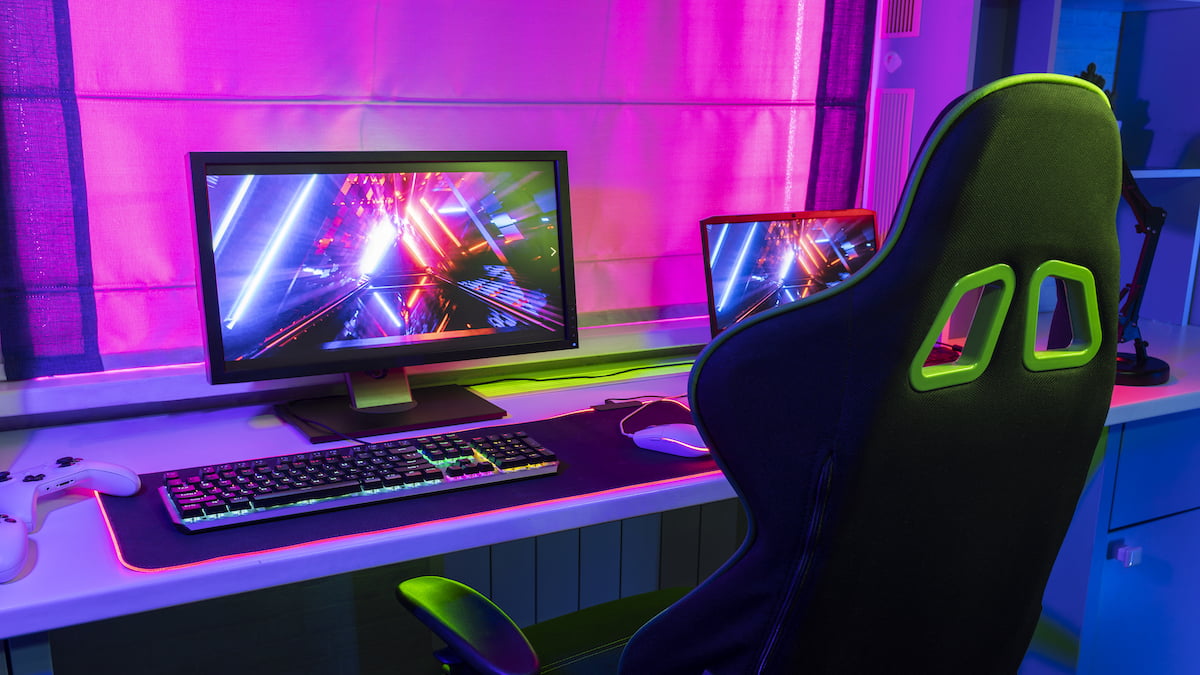Gaming is an awesome way to spend time, connect with friends, and dive into exciting adventures. But there’s one thing that can totally ruin the fun: lag. Nothing is more frustrating than your game freezing right when you’re about to win. Thankfully, there are several ways to reduce lag and boost your internet performance for a smoother gaming experience. In this guide, I’ll share some tips and tricks to help you enjoy your gaming sessions without interruptions.
What Causes Lag?
One may wonder, however, what leads to lag and before jumping straight to the solutions. Lag is defined as the difference in time it takes between performing an action in a game and the reaction of the game to that action. Such a delay can be attributed to such factors as high ping, slow internet connection or an unstable connection. High ping, or latency, means that it takes a longer amount of time for your machine to send information to the game server and for that information to be processed. Delays in the speed of the internet affect the rate at which game data can be downloaded. Such a case implies that the connection may be interrupted suddenly, for instance, doubling the lag, and ruining your game.
These are the causes that we need to know so that we can apply the best solution to reduce the lag that effects your gaming. Here are some practical approaches to addressing them. Let’s look into them in details.

Choose the Right Internet Provider
First, you need a good internet provider that offers fast and reliable connections. Researching different providers can help you find the best option. For example, More Telecom is known for providing excellent service and competitive plans. Compare their speeds, prices, and customer reviews to see if they meet your needs.
When choosing an internet provider, make sure they offer high-speed plans suitable for gaming. Look for plans with high download and upload speeds, and low latency. A plan with at least 25 Mbps download speed is good, but higher speeds are better, especially if you have multiple devices connected to the network.
Optimize Your Internet Connection
Even with a great internet provider, optimizing your connection at home can make a big difference. Here are some tips to get the best performance:
Router Placement
Place your router in a central location in your home. This ensures even coverage and reduces the chances of weak signals in certain areas. Keep it elevated and away from walls and large furniture. Avoid placing it near electronic devices like microwaves and cordless phones that can cause interference.
Use a Wired Connection
While Wi-Fi is convenient, a wired Ethernet connection is faster and more stable for gaming. Connecting your gaming device directly to the router with an Ethernet cable reduces lag and provides a more reliable connection. If you can’t use a wired connection, make sure your router supports the 5 GHz band for faster Wi-Fi speeds.
Update Router Firmware
Keep your router’s firmware up to date. Manufacturers often release updates that improve performance and fix bugs. Check the manufacturer’s website regularly for updates and follow their instructions to install them.
Manage Network Traffic
Managing your network traffic can help reduce lag. Here’s how:
Quality of Service (QoS)
Many routers have a QoS feature that allows you to prioritize gaming traffic over other types of data. Enabling QoS ensures that your gaming packets get priority, reducing lag during gameplay. Check your router’s manual for instructions on how to enable and configure QoS.
Close Unnecessary Applications
Close any applications that might be using your bandwidth. Streaming services, downloads, and cloud backups can slow down your connection and increase lag. Make sure your gaming device is the only one using the network during your gaming sessions.
Troubleshoot Common Issues
Sometimes, even with the best setup, you might encounter issues. Here’s how to troubleshoot some common problems:
High Ping
High pings can be an inconvenience; therefore, one must connect to game servers that are as near as possible to their geographical location. This minimises the number of hops that data has to go through which in turn reduces the latency. You can also attempt to reboot your router as this will restore your connection. If you are still facing high ping, probably it is a problem with your internet service provider or there are some issues in your locality.
Lag Spikes
Several factors such as interference or devices may be using up the bandwidth thus resulting to a lag. Minimize signal distortion by placing the router out of reach of other electronics. Configure the QoS to give preference in the direction of the traffic that is required for gaming. Ensure that other connected devices are not using a lot of traffic during your gaming time.
Packet Loss
Packet loss is a phenomenon where some packets of data fail to reach the receiver in time and hence there is latency. To fix this, you should look for the network cables and ensure that they are not damaged and reconnect them if they are damaged. Check that your router’s firmware is updated. If there is still a packet loss still persisting then connect with your internet provider for help.
Upgrade Your Equipment
Upgrading your equipment can significantly improve your gaming experience. Consider investing in a high-quality gaming router that supports the latest Wi-Fi standards and offers advanced features like QoS. A good router can make a big difference in reducing lag and providing a stable connection.
Additionally, upgrading your internet plan to one with higher speeds and lower latency can also help. If your current plan isn’t meeting your needs, consider switching to a provider that offers better performance. For instance, Optus Internet Plans offer various options that might suit your gaming requirements.
Conclusion
Cutting down lag and generally boosting the operation of your internet can do wonders for gameplay. Selecting the proper internet connection, the proper settings, traffic control, and selecting proper apparatus will not leave you experiencing current-day gaming as lagging. These measures help make the most out of one’s time playing games so that you can just concentrate on the game that is winning it.
Key Takeaways
- Choose an internet provider with high speeds and low latency for the best gaming experience.
- Optimize your home network by placing your router correctly and using a wired connection whenever possible.
- Manage network traffic by enabling QoS and closing unnecessary applications during gaming sessions.
With these tips, you’ll be well on your way to enjoying buffer-free battles and an improved gaming experience. Happy gaming!



